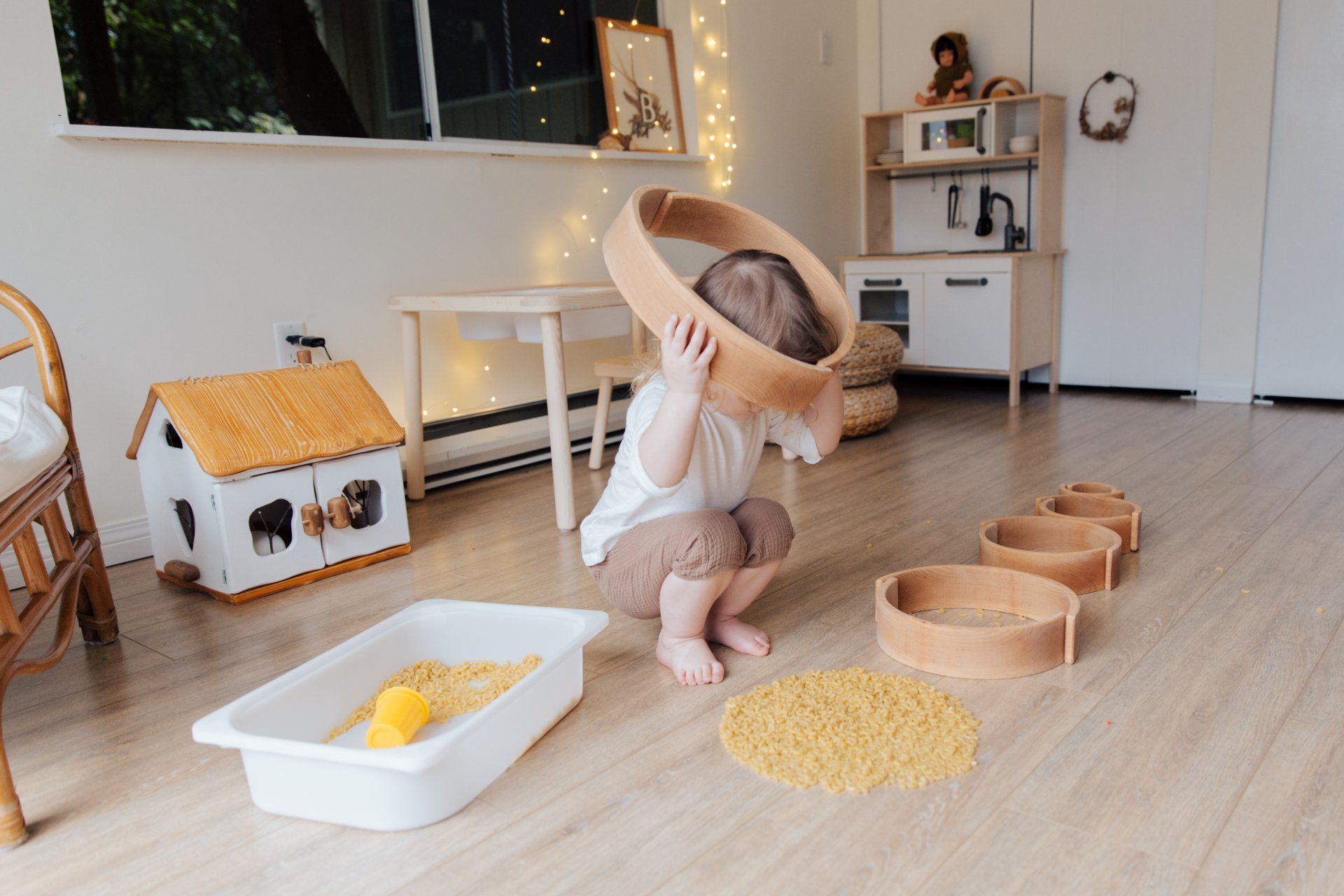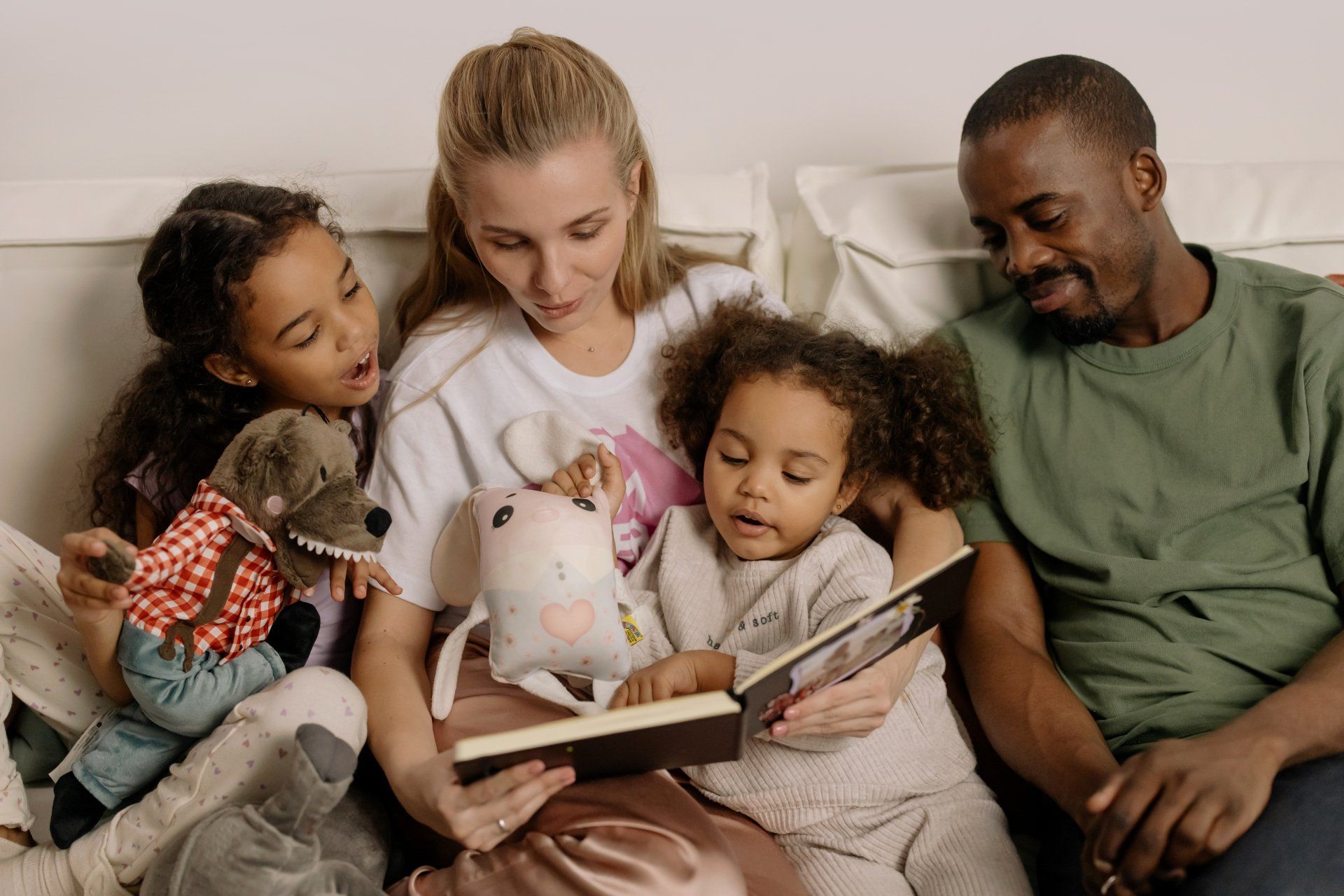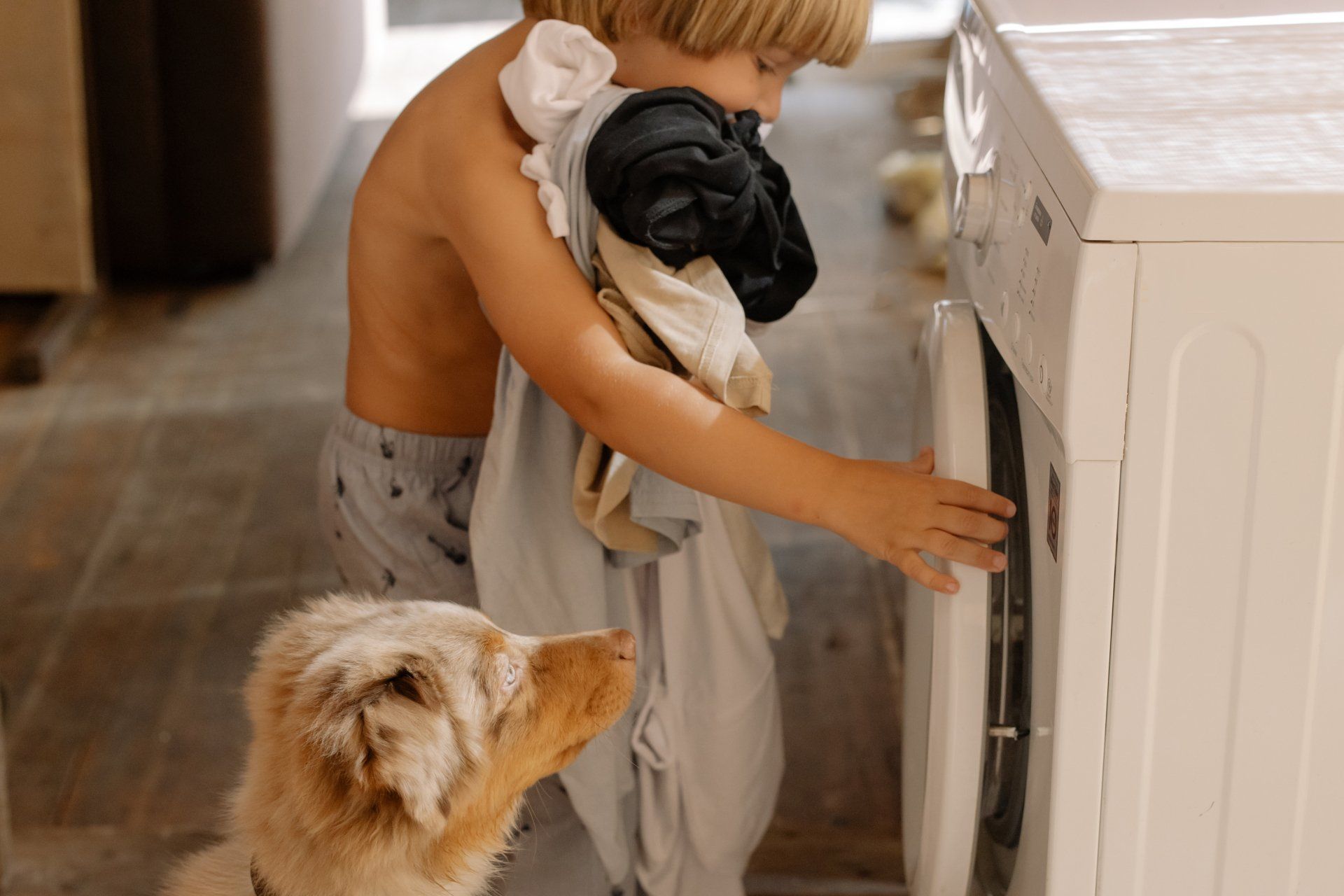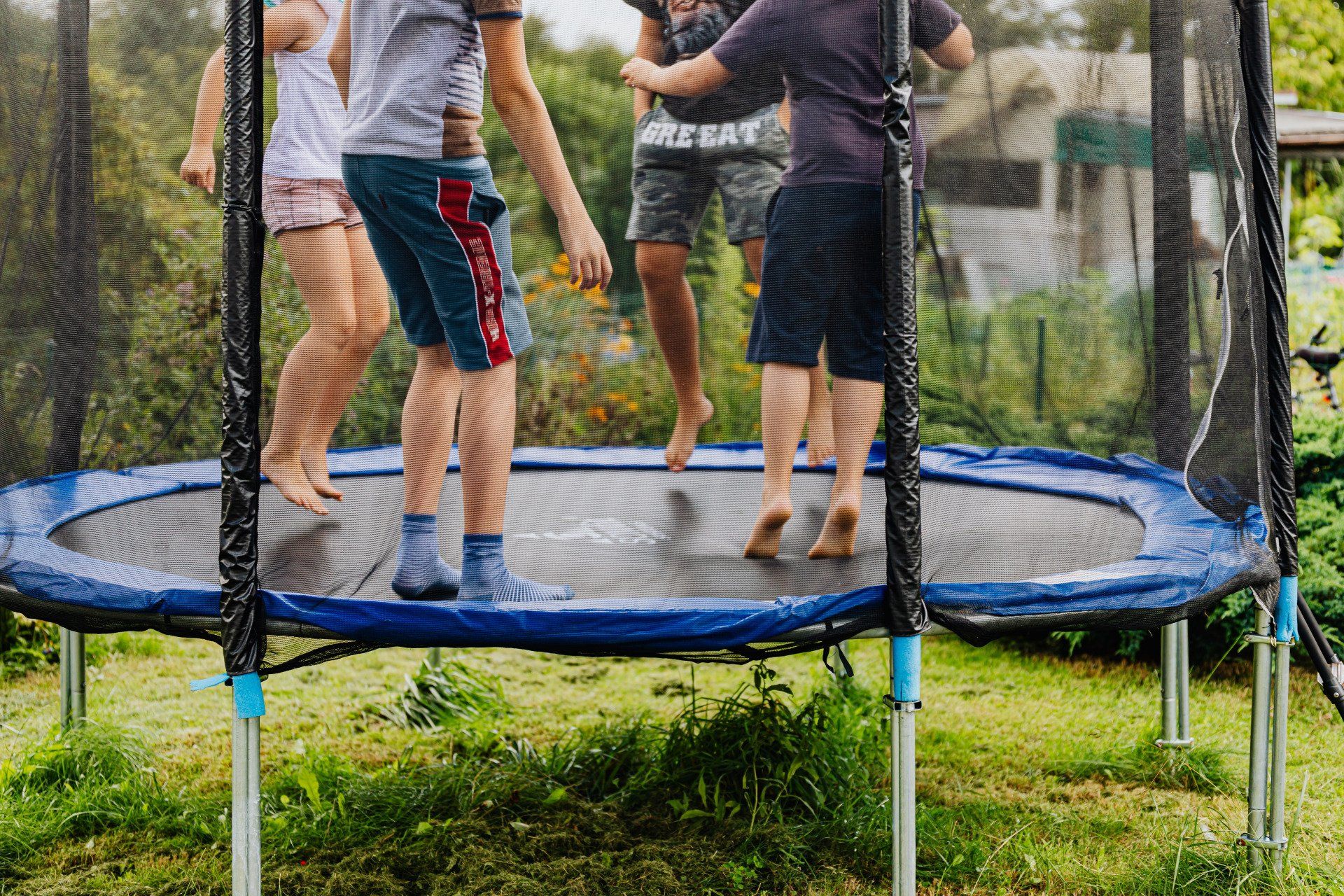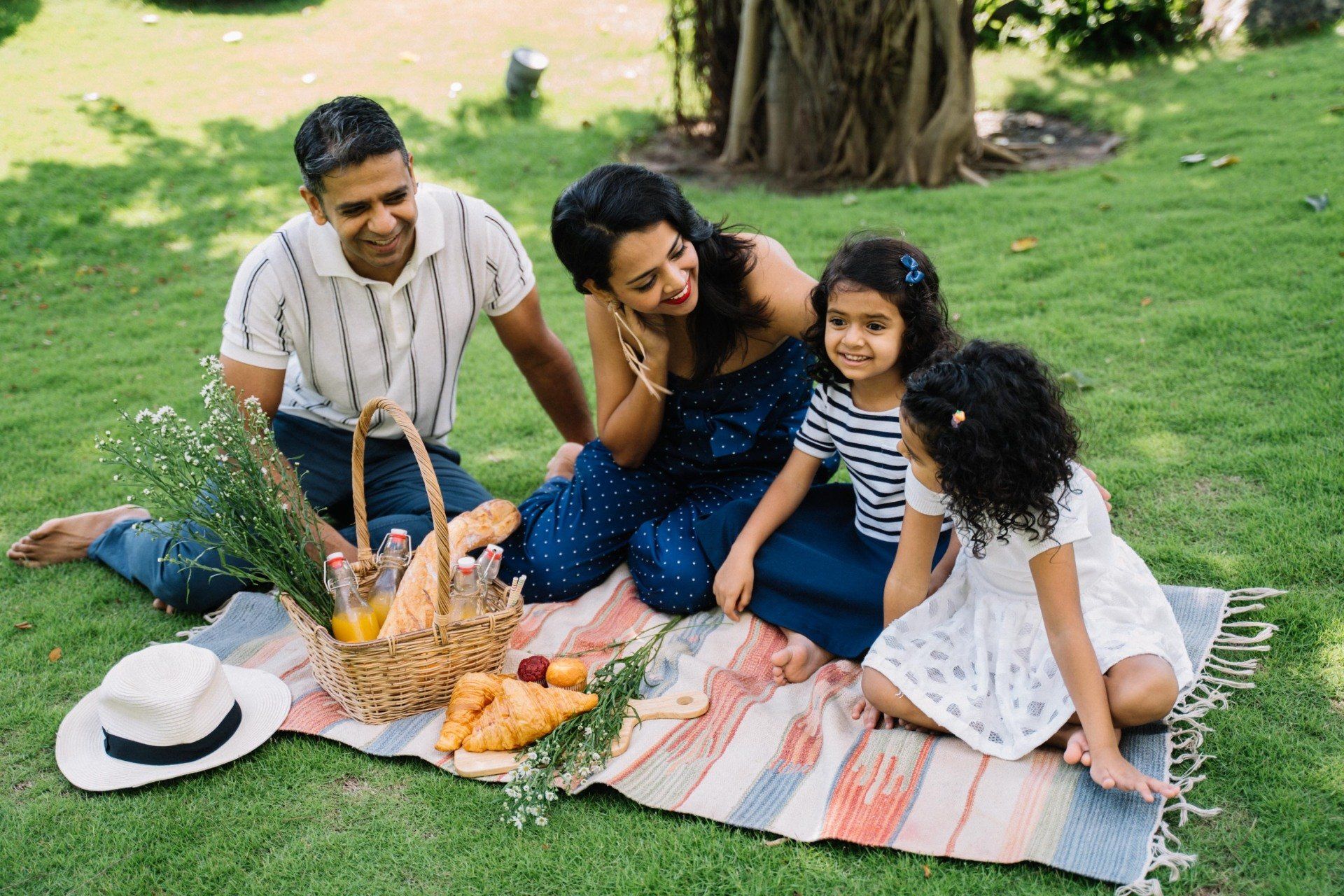Planning for the Holidays with ASD | Mindful Considerations for Events & Special Occasions
Summer vacations, spring break, or visits to relatives in the winter - it seems that there is always one special day or another coming up regardless of the month. “If I had to pick one take away that can have an affect on the neurodiverse populations we work with during holidays, that would be consistency,” shared Clinical Director Sumita Argianas, “do your best to maintain the routine and listen to your child’s input, everyone deserves to enjoy the holidays and with thoughtful planning, everyone can."
Consistency is Key!
While consistency (routine, sameness, and order) is often a comfort for many with ASD, the holidays often bring change and disruption. A change to the routine can be as simple as taking a different route home, a different form of transportation, or unfamiliar holiday decorations. Below we’ve collected a number of suggestions to make the holidays inclusive for all throughout the year.
Successful Navigation of Environmental Changes During the Holidays
"Speak with your child about holidays and the traditions that come with it instead of
at
your child," shared Sumita, “preparation and communication can do wonders on the effect of the holidays on your child." Consistent preparation, discussion, and reminders for your child will help them feel more at ease with change. Prepare your child for anything out of the ordinary in their day to day environment, this can be done through social stories, reminders throughout the day(s) about what’s to come, and/or using the time before bedtime to talk through changes that might occur in the coming days. Speaking with your child about holiday changes should prevent them from feeling blindsided or placed in a situation they were not prepared for. Consider that although you may have shared some of the upcoming changes, be open that your child may need the repetition and prompting of information you share with them on multiple occasions.
Additional considerations for holiday environmental changes include the following:
- Decorations - Often times we will add things to a house to make festivities come alive. Speak with your child about any favorite decorations they may have, add decorations slowly, don’t miss out on this opportunity to include your child in the process wherever possible. A great way to make decorations inclusive can include homemade decorations if your child is able.
- General Sensory Changes - Holiday’s often bring with it loud noises, bright lights, new smells, and large crowds. Sometimes, an event may not be the best to attend and in those cases there are almost always alternatives. When searching for events look for keywords that indicate that they are sensory friendly or speak to your care team who often is aware of local area organizations and or events.
- Sounds - If your child is sensitive to sounds, consider bringing a pair of headphones they’ve helped decorate with stickers of their favorite character(s).
- Lights - If sensitive to lights, consider visors, hats, or sunglasses that allow for the stimulus to be diminished.
In all cases, involving your child in preparation and planning (including picking out the tool they will use to help them better manage their experience) builds their own coping repertoire and should make the event more enjoyable for them.
Large Gatherings
Holidays often bring with them parties and gatherings with family and friends. There are a number of considerations and proactive strategies that you can use to help provide advance notice to your child and mitigate any discomfort these events may cause your child.
- Pre-plan the menu - Plan/prep the meal ahead. There may be a special diet for children/others that you need to consider. Take this time to involve your child as well. “It’s always a fun time to bake or make cookies. Your child will feel that they are an important part of the process and you can take this opportunity to set up expectations of what’s to come,” shared Sumita. Another way to include others is making “grab bags” and bringing special snacks for your child/others to large gatherings/events. You can also share the menu with others/children in advance.
- Designate a non-stimulatory room - If you can/are able to, designate an area of the event that will be a calming presence where a child can go and decompress without stimulation. Some items/activities can include weighted blankets, large pillows, or fidget toys.
- Familiarize your child with friends and family members before the event - Provide your child with pictures of family/friends before the gathering to give them the opportunity to know who will be at the event. You can prepare a photo album and occasionally share that with the child.
- Bring activities/reinforcers with you to the gathering - You can bring a bag with you that is filled with reinforcing toys/activities or sensory regulatory stimuli. Some examples can include: Picasso tiles, slime, putty, play-dough. Bring enough so you are not using the same activity for the entire duration of the event. This will help keep the attention of the child.
- Use Caution with gifts - If you’re nearing a holiday where a toy will be given use caution to not use the gifting of the toy as a reinforcer. A child may begin to perseverate (to focus exclusively) on the toy and loose focus on the event itself. Additionally, the length of time also serves as a diminished reinforcer. “I love a good piece of Portillo’s Chocolate cake,” shared Sumita, “but if you tell me I have to wait a whole month before you’re going to give it to me, I’m going to be a lot less motivated.” Instead, consider redirecting your child and reiterate that gifts are for fun and not necessarily for any type of behavior. Again the length of time is what is key here between action and reward.
- Prepare family/friends and be an advocate - The needs of a child on the spectrum are diverse. They may not like to be touched, may have difficulty with social situations, or have limited ability to communicate. Let others attending know about what these special needs may be. Importantly, be an advocate for your child when they are unable. If, for example, they are not comfortable giving/getting hugs from others do not be afraid to voice this to others. It is also an excellent opportunity to discuss consent and personal autonomy with your child.
Travel
Traveling can be a huge, but necessary, change during special holidays and there are ways to help prepare your child to what can be a fun experience for everyone.
- During your vacation, try not to plan too many activities in one day. This may be overwhelming to your child.
- If your child is used to a reward system or token economy, do your best to maintain consistency during the duration of your vacation. Make sure you are using the system to your advantage. Materials can be made to be “pocket size” so that they are easy to travel with. If you’re receiving ABA services, talk to your BCBA to discuss what/if any materials can be created prior to your trip.
- If your family will be traveling/out of the home for an extended amount of time, bring items/activities that are reinforcing for your child. Bring enough items/activities that you can change out to reduce boredom.
- When planning your itinerary, allow time/flexibility in the schedule for arrival and departure. It may take a little longer to move throughout the schedule and that's ok!
- Let your child know what to expect during vacation. Take moments throughout the day to sprinkle information about vacation. Another time to talk about this can be right before bed, when your child is calm and getting snuggled into bed.
Judgement Free & Acceptance | Be Kind To Yourself
Life on a good day can be stressful. Managing everyone’s schedule, different dietary requirements (or wants), standard requirements of work, school, and extracurricular activities, our schedules fill up fast! “Ever have a super stressful day? Those are my ‘hot mess express’ days,” shared Clinical Director Sumita, “some days are just not going to go the way you plan, even if you have spent a lot of time planning it out. A rough day isn’t a reflection on you. If it’s not OK, it’s not the end and there’s always plenty of time to make up for bad days.” You deserve to give yourself the space and grace to not be hard on yourself when things do not go right. We’re big fans of Daniel Tiger and one thought repeated often is “Do your best, the best is the best for you.” Your perfect may not look like someone else’s and that’s OK, just do your best.
Join our Vilij!
We've spent a lot of time working with families to identify what works for their family and what doesn't. When we listen to your child and your family we find solutions so that everyone can enjoy more inclusive and meaningful time together. We would be honored to work with your family if given the opportuity. If you’re ready to learn more, reach out to a member of our team at 630-777-2800 or contact@vilijaba.com.
Accountability | Integrity | Empathy | Collaboration


